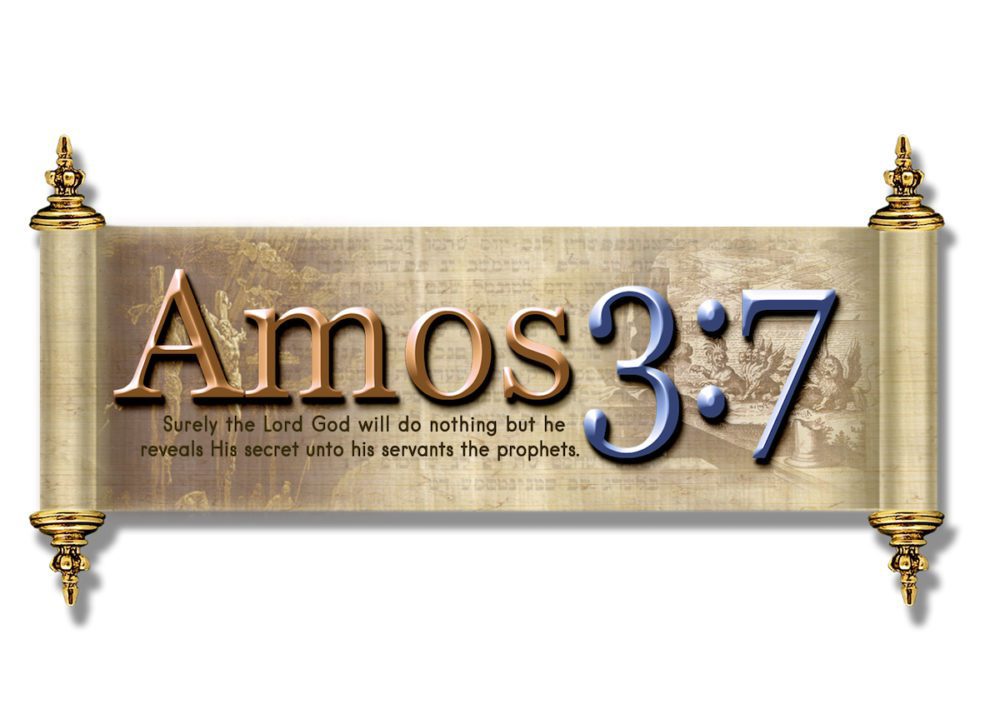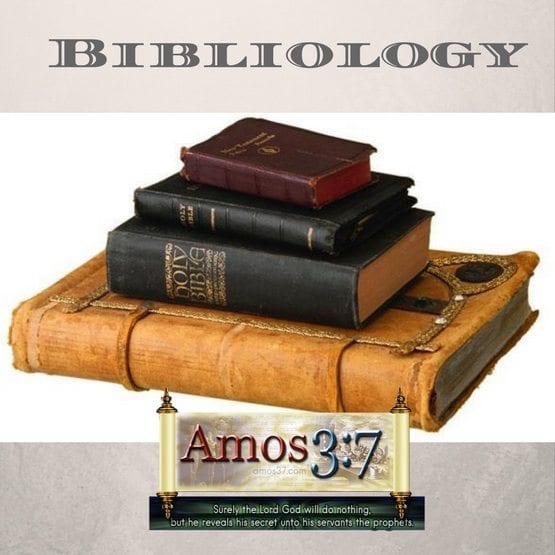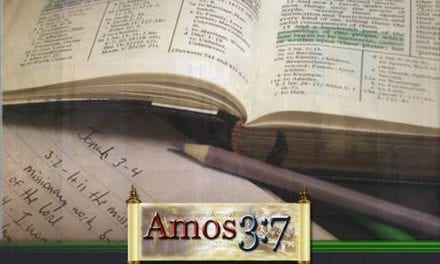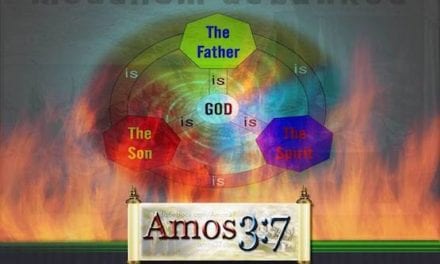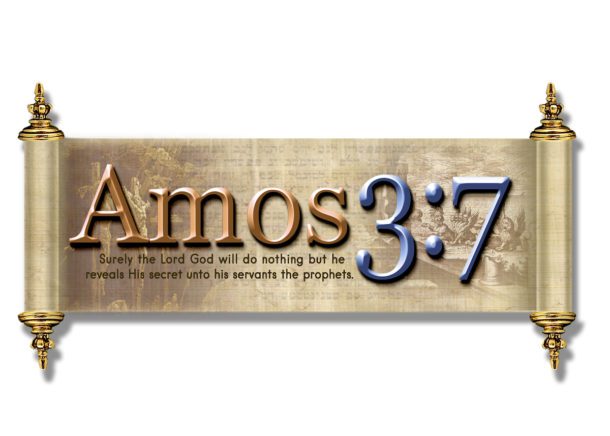![]()
Bibliology – The Doctrine of the Bible
Section 4 – Part 1
The Inerrancy of the Bible
Questions to ask and answer
- What do we mean by the inerrancy of the Bible?
- Does the Bible contain any kind of errors, contradictions or discrepancies?
- Why is it even important to believe in Biblical inerrancy?
- Does inerrancy of the Bible only apply to the original manuscripts?
- What did Jesus teach about the inerrancy of the Bible?
- What are the implications when inerrancy is denied?
- Can a person deny the inerrancy of scripture and still be a Christian?
- What is bibliolatry?
- What is the Chicago statement on inerrancy?
- Where do the various denominations stand on inerrancy? (historically and current)
What do we mean by the inerrancy of the Bible?
A Definition of Inerrancy
“By this word we mean that the Scriptures possess the quality of freedom from error. They are exempt from the liability to mistake, incapable of error. In all their teachings they are in perfect accord with the truth.”
THE AUTHORITY AND POWER OF THE BIBLE
We affirm the divine inspiration, truthfulness and authority of both Old and New
Testament Scriptures in their entirety as the only written word of God, without error in all
that it affirms, and the only infallible rule of faith and practice. We also affirm the power
of God’s word to accomplish his purpose of salvation. The message of the Bible is
addressed to all mankind. For God’s revelation in Christ and in Scripture is unchangeable.
Through it the Holy Spirit still speaks today. He illumines the minds of God’s people in
every culture to perceive its truth freshly through their own eyes and thus discloses to the
whole church ever more of the many-colored wisdom of God. (II Tim. 3: 16; II Pet. 1: 21;
John 10: 35; Isaiah 55: 11; 1 Corinthians 1: 21; Romans 1: 16; Matthew 5: 17, 18; Jude 3; Ephesians 1: 17, 18; 3: 10, 18).
Summary Statement
1. God, who is Himself Truth and speaks truth only, has inspired Holy Scripture in order thereby to reveal Himself to lost mankind through Jesus Christ as Creator and Lord, Redeemer and Judge. Holy Scripture is God’s witness to Himself.
2. Holy Scripture, being God’s own Word, written by men prepared and superintended by His Spirit, is of infallible divine authority in all matters upon which it touches: It is to be believed, as God’s instruction, in all that it affirms; obeyed, as God’s command, in all that it requires; embraced, as God’s pledge, in all that it promises.
3. The Holy Spirit, Scripture’s divine Author, both authenticates it to us by His inward witness and opens our minds to understand its meaning.
4. Being wholly and verbally God-given, Scripture is without error or fault in all its teaching, no less in what it states about God’s acts in creation, about the events of world history, and about its own literary origins under God, than in its witness to God’s saving grace in individual lives.
5. The authority of Scripture is inescapably impaired if this total divine inerrancy is in any way limited of disregarded, or made relative to a view of truth contrary to the Bible’s own; and such lapses bring serious loss to both the individual and the Church.
What is verbal plenary inspiration?
Plenary comes from the Latin plenus, which means full
Verbal comes from the Latin verba which means word
- What is not meant by Biblical inerrancy
- Do the writing styles have to match?
- Does it have to be verbatim?
- What about parallel accounts?
- Does grammar have to be the same?
- What about problem passages?
Bibliology Notes pdf download
http://Amos37.com/wp-content/uploads/2013/05/Bibliology-Student-Notes.pdf
Connect with Amos37
Stay up to date with Amos37.com eMail update (Weekly)
Free Resources for the growing Christian.
“But grow in grace, and [in] the knowledge of our Lord and Saviour Jesus Christ. To Him [be] glory both now and for ever. Amen.” 2 Peter 3:18
Blue Letter Bible Free Online Bible & Study Tools & Commentaries
Bible Classes College Level For Free to Enroll Track your progress.
Our Own Free Discipleship Course In Video HD.
